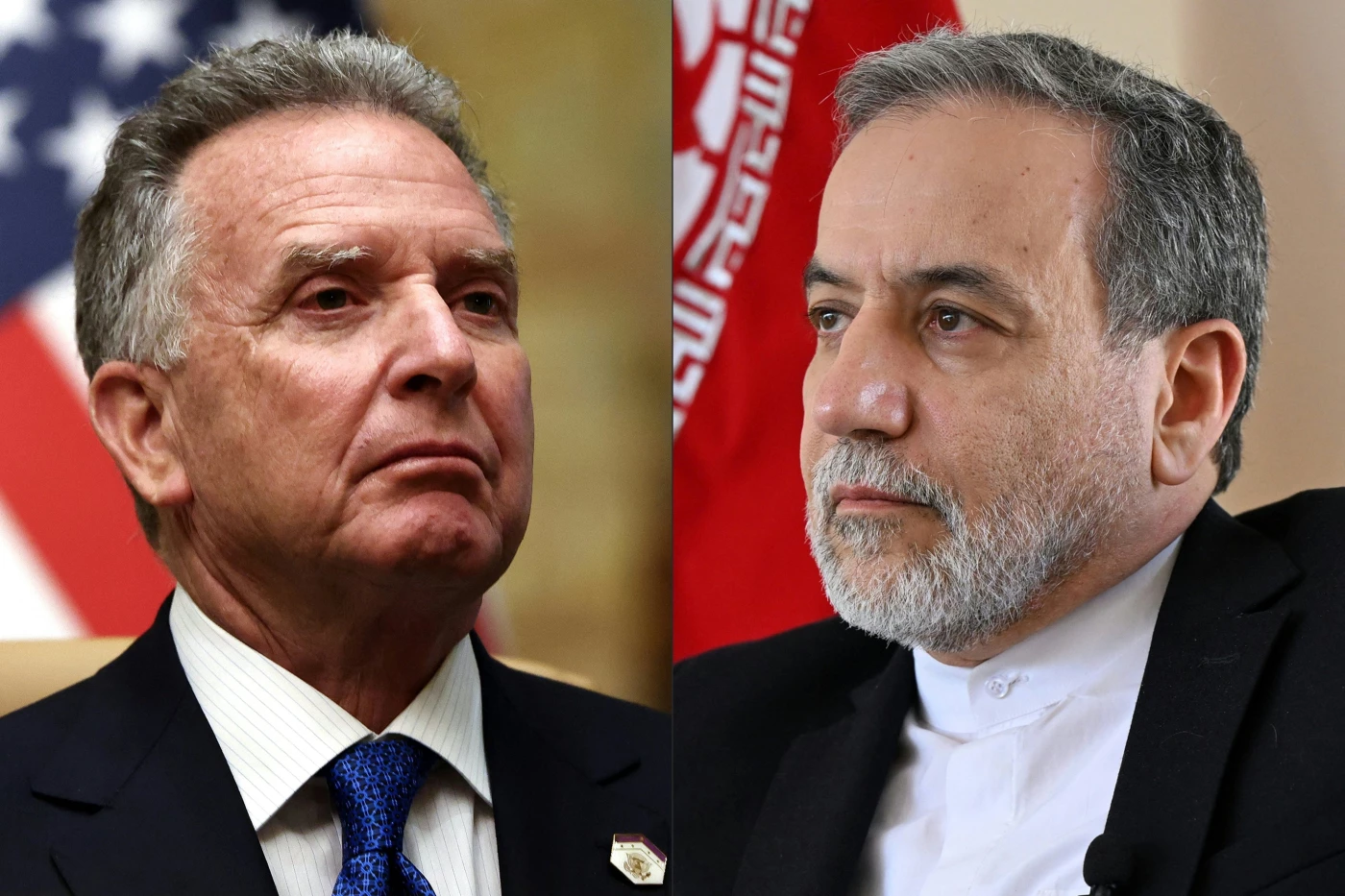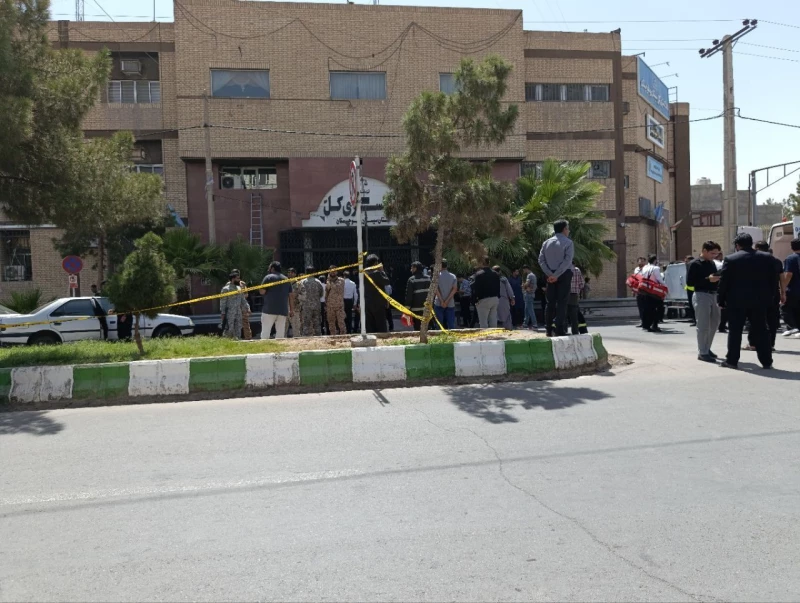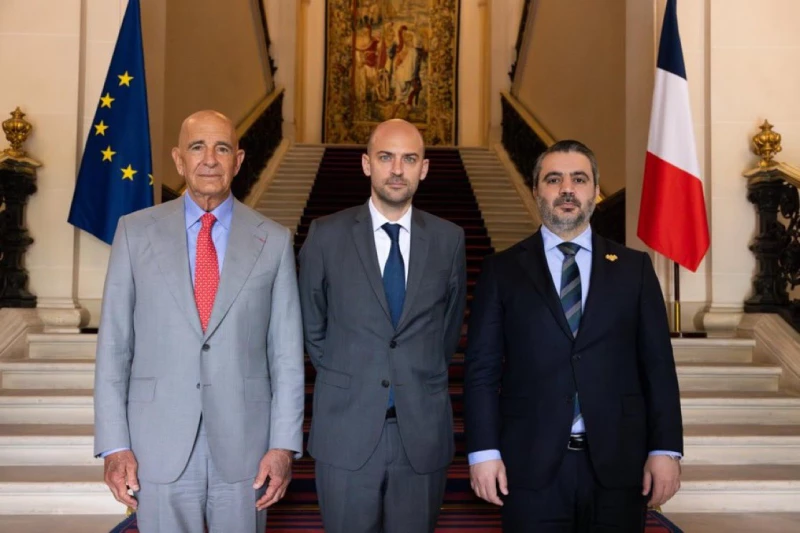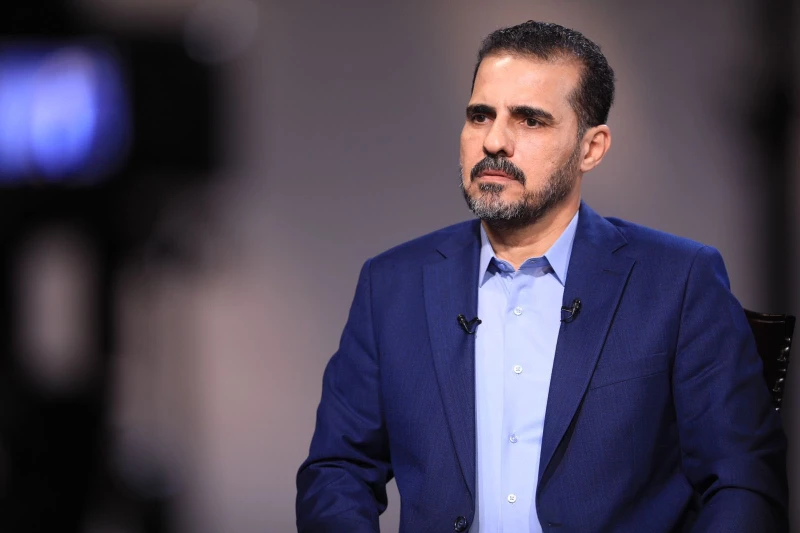ERBIL, Kurdistan Region of Iraq – Hours after US President Donald Trump on Monday had seemingly revealed Thursday as the date of the next round of US-Iran nuclear talks, Iranian Foreign Ministry spokesperson Esmail Baghaei said that the talks will take place on Sunday.
Trump on Monday held a phone call with Netanyahu, after which he told reporters that the pair had discussed Iran, whom he described as “good negotiators, but they are tough; sometimes they can be too tough, that is the problem.”
“We have a meeting with Iran on Thursday, so we are going to wait till Thursday,” Trump revealed, adding that the main impediment in the way of an agreement is Iran’s unwillingness to give up enrichment.
Hours after the US President's remarks, Iranian Foreign Ministry spokesperson Esmail Baghaei said Tuesday that “the next round of Iran-US indirect talks is being planned for next Sunday in Muscat” while addressing reporters.
The Iranian foreign ministry on Monday rejected a US proposal for a nuclear deal, arguing that it did not reflect the results of their ongoing negotiations. The ministry said that they will respond with a more “reasonable” counter-proposal.
“We will soon present our proposed plan to the other side through Oman after it is finalized. This plan is reasonable, logical, and balanced, and we recommend that the American side seize this opportunity and seriously consider it, because accepting this plan will be in the interest of the US,” Baghaei said on Monday.
Iran’s Parliament Speaker Mohammad Bagher Ghalibaf on Sunday said that Washington’s latest proposal for a nuclear deal did not include the lifting of sanctions against Tehran.
Washington has been imposing more and more sanctions on Tehran, especially under Trump’s administration, in order to pressure the country to part ways with their nuclear program. Iran has repeatedly emphasized that it has no plans to develop a nuclear weapon but has the right to continue uranium enrichment as a signatory of the Non-Proliferation Treaty (NPT).
During his first term in 2018, Trump unilaterally withdrew from the Joint Comprehensive Plan of Action (JCPOA), also known as the Iran nuclear deal – an agreement between Tehran and world powers to curb Iran’s nuclear program in return for sanctions relief. Subsequent attempts at reviving the deal have failed to yield results.


 Facebook
Facebook
 LinkedIn
LinkedIn
 Telegram
Telegram
 X
X



